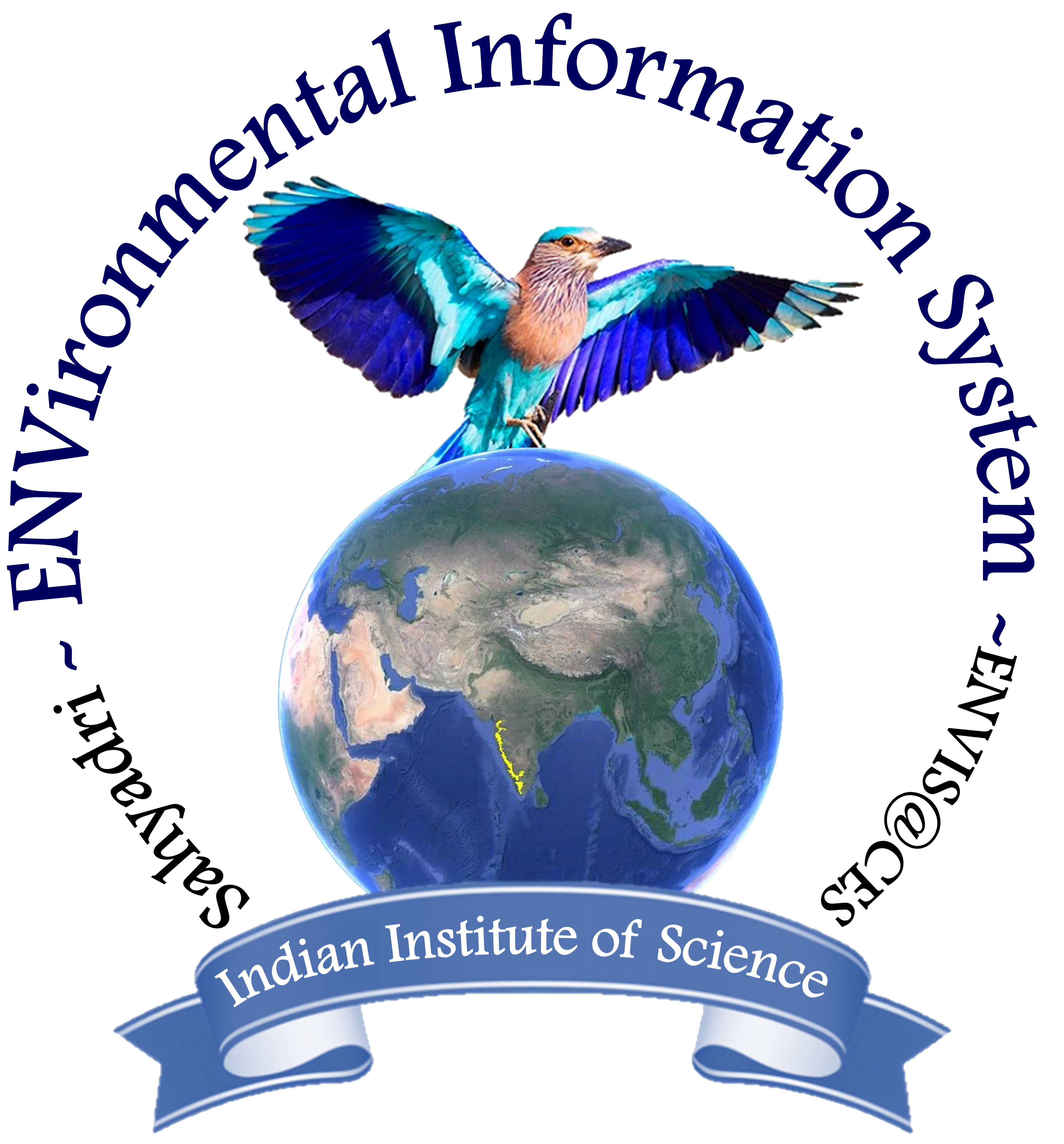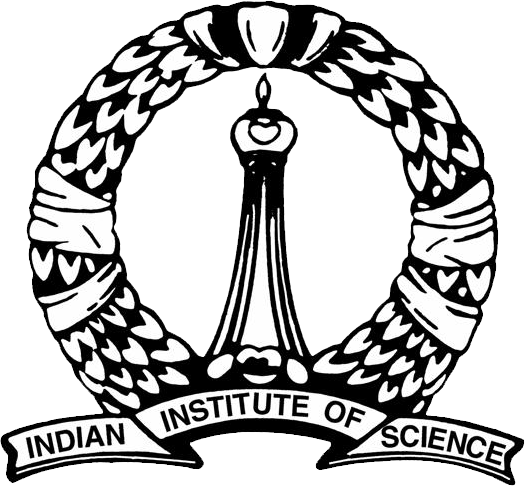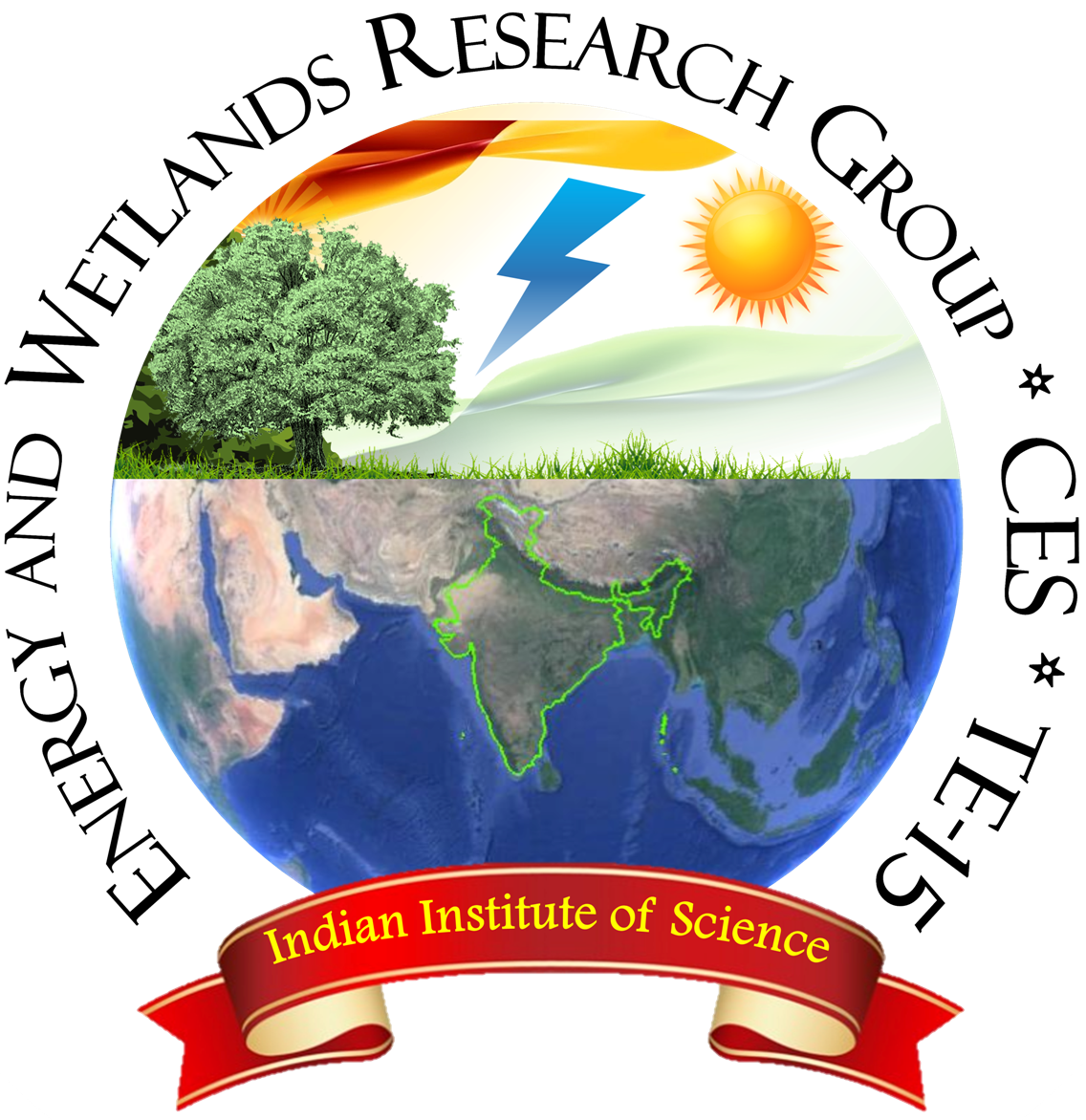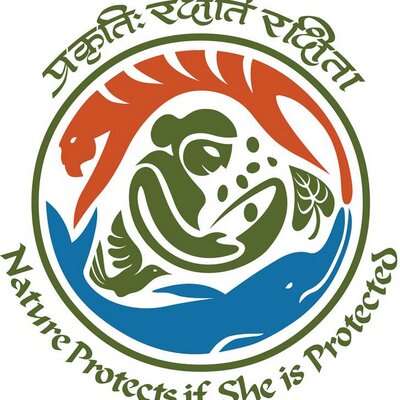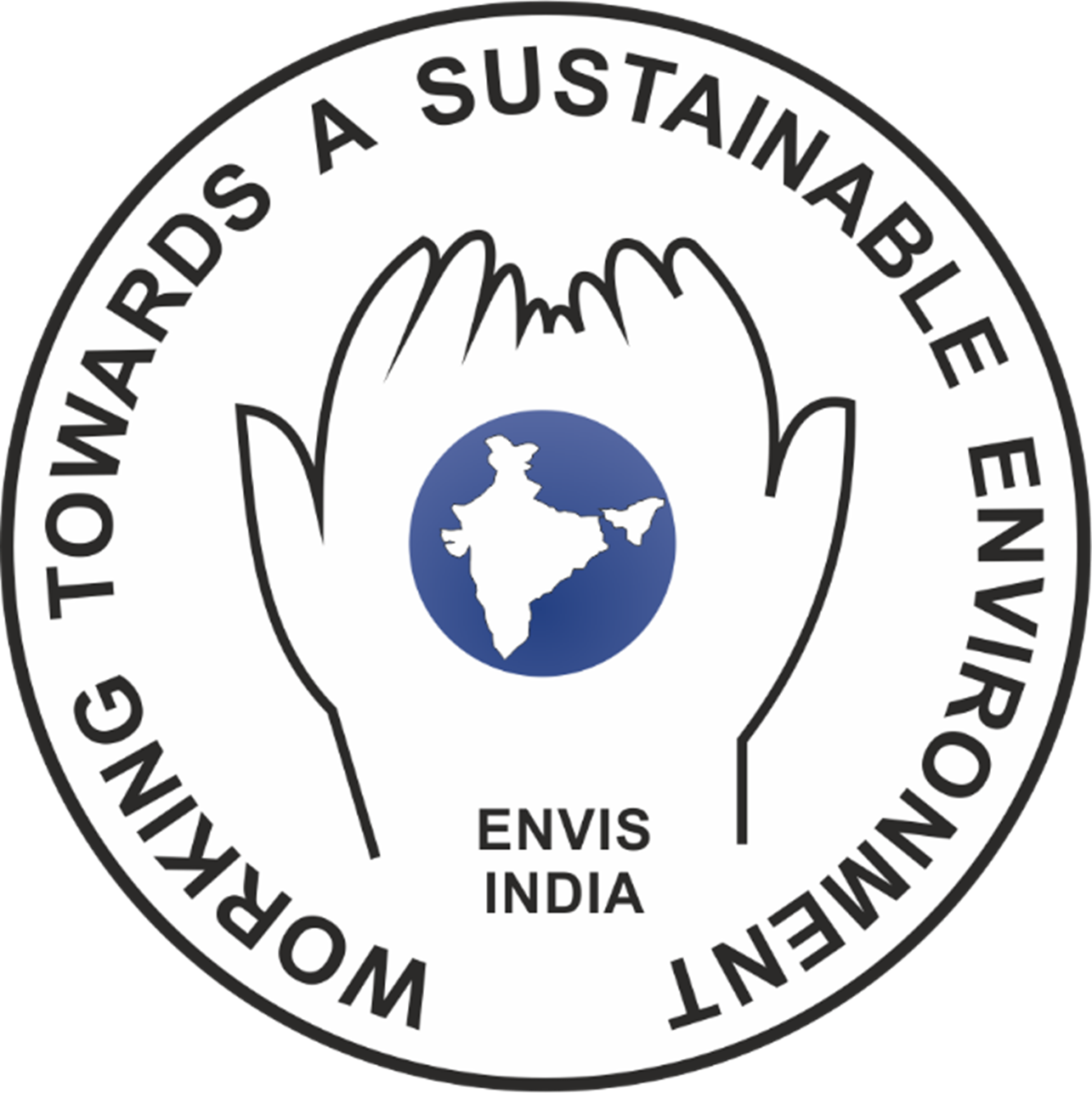Introduction
Symposium focusing on lakes/wetlands popularly known as “Lake Symposium” was initiated by the Energy & Wetlands Research Group at Centre for Ecological Sciences, Indian Institute of Science, Bangalore in the year 1998. The theme was broadened in 2000 (Lake 2000) with a wider participation of education institutions, Governmental and non-governmental organisations, etc. The basic idea of the symposium was to bring out the trends in ecosystem conservation, restoration and management including the hydrological, bio-physical, people’s participation and the role of non-governmental, educational and the governmental organizations and the future research needs. Lake 2020 will be the 12thBiennial Lake Conference focusing on “Ecosystem Structure, Function, Goods and Services” will be held at the Auditorium, ground Floor, New Biological Sciences Building [Near D Gate]. The theme of World Wetlands day 2020 is “Wetlands and Biodiversity” to demonstrate the vital role of wetlands for the future of humanity and specifically their relevance towards achieving the new Sustainable Development Goals. Lake 2020 conference provides a unique opportunity to increase understanding of the role of ecosystems in sustaining the food, water and human livelihood with the challenges faced by these fragile ecosystems.
Ecosystem is a complex function unit that dynamically respond as per interaction among living (biotic-plant, animal and micro-organism communities) and non-living components (abiotic- sunlight, water, air, minerals and nutrients). The quantity (biomass, productivity), quality (pristine/polluted) and diversity of species (e.g. richness, rarity) governs the ecosystem functions. Biodiversity is the variety of ecosystems, species, and genes recognised as one of the critical elements for human existence as it accountable for vital goods and services such as food, water, timber, carbon sequestration, wastewater purification, soil formation, pollination, etc. The degradation of these vital ecosystems is linked to continuing problems of land cover changes, deforestation, habitat fragmentation, pollution, indiscriminate disposal of liquid and solid wastes, and issues related to economic productivity and ecological security. The structural changes in the ecosystem due to land cover changes, will influence the functional aspects namely hydrology, bio-geo chemical and nutrient cycle, which are evident in many regions in the form of conversion of perennial streams to seasonal and disappearance of water bodies leading to a serious water crisis.
The sustainable development goals have ecological, social and economic aspects for present and future generations with the equitable share of resources. Conservation of natural resources through sustainable ecosystem management and development is the key to our secured future. Sustainable development of a region requires a synoptic ecosystem approach that relates to the dynamics of natural variability and the effects of human interventions on key indicators of biodiversity and productivity. Formulation and implementation of action plans that best conserve vital ecosystems require an understanding of issues, concerns and threats. This requires awareness of the ecosystem function, goods and services among decision-makers and the public at large. Collaborative planning between scientists, policy makers and community members is an essential element of the ecosystem-based management. Approaches towards this direction include:
- Fostering participation of all stakeholders to ensure that individuals and organizations are provided an opportunity to participate in the ecosystem conservation activities.
- Recommending policies and actions that can be undertaken to restore, maintain or enhance aquatic and terrestrial resources.
- Recommending policies and action plan towards the conservation and sustainable management of ecologically sensitive regions such as Western Ghats – water tower and food bowl for peninsular India.

